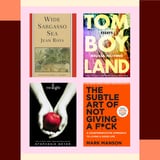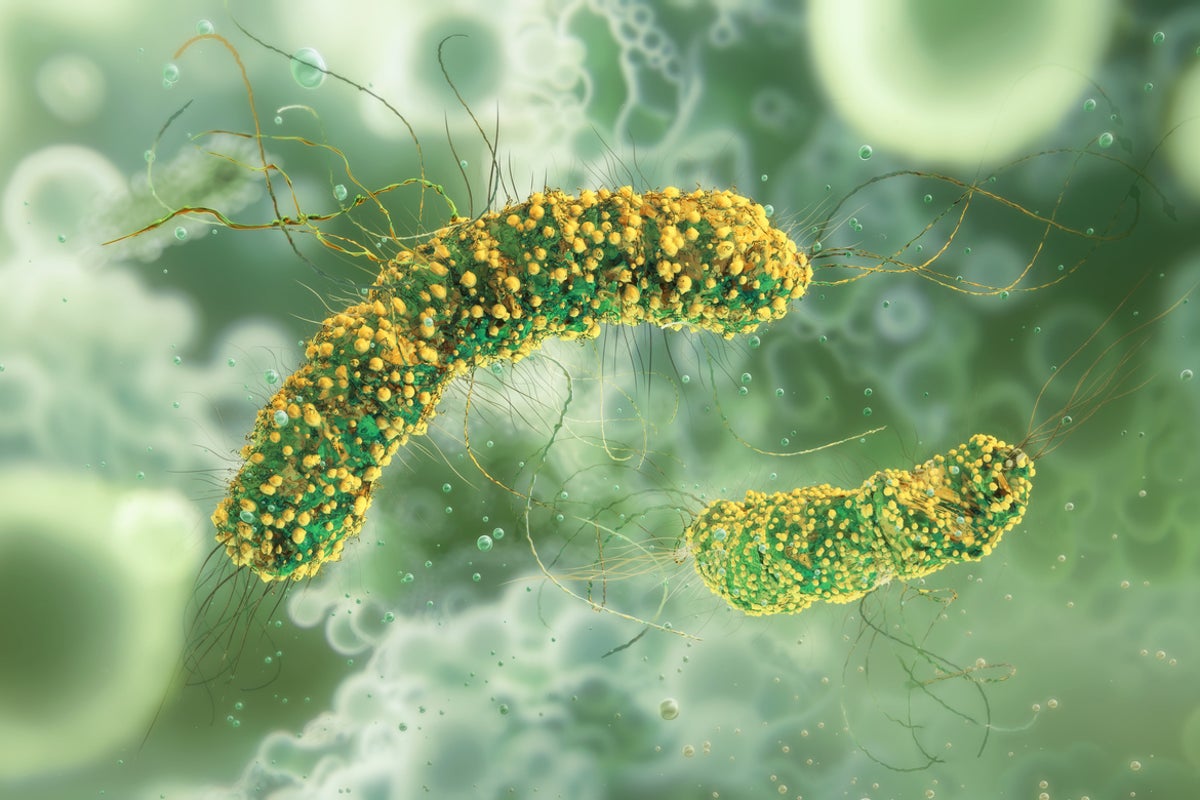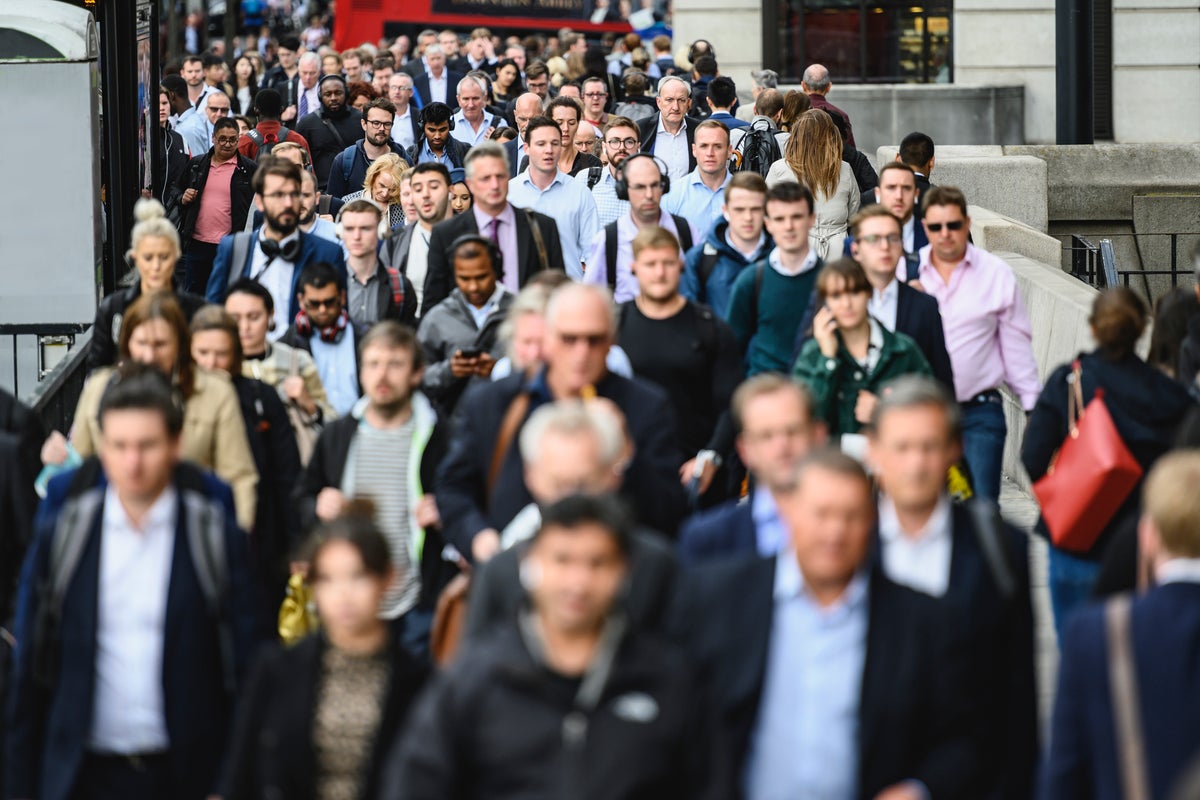Books Are the New Religion: How Literature Shapes Identity and Moral Compass in a Divided Society
In an increasingly polarized world, literature serves as both a refuge and a battleground for identity formation and moral reasoning. Books have long been recognized as powerful tools for shaping thoughts, beliefs, and even social movements. The narratives we consume can resonate deeply, often influencing our perspectives and life choices in ways that parallel religious or ideological convictions.
The Popsugar editors’ reflections on the books that changed their lives highlight this phenomenon. Each title they mention is not merely a work of fiction or non-fiction; it represents a significant moment of awakening, a catalyst for personal growth, or a means of understanding complex social issues. In this way, literature can be seen as a modern-day scripture, offering guidance and insight into the human experience.
Take, for instance, Kaitlin Hatton’s choice of “Tomboyland: Essays” by Melissa Faliveno. This book resonated with her as a queer person in the Midwest, mirroring her experiences and providing a sense of validation. In a society that often marginalizes LGBTQ+ voices, finding literature that reflects one’s identity can be transformative. It not only fosters a sense of belonging but also empowers individuals to embrace their true selves. This mirrors the role of religious texts, which often provide comfort and guidance to those seeking understanding in a complex world.
Similarly, Taylor Andrews credits “Twilight” by Stephenie Meyer for igniting her passion for reading. While the series may seem like a simple love story, its impact on Andrews’ life illustrates how literature can break down barriers to engagement with reading. By presenting stories that are relatable and entertaining, authors can inspire a love for literature that transcends traditional educational boundaries. This kind of engagement is crucial, especially in an age where digital distractions dominate young people’s lives.
Jordan Shalhoub’s choice of “The Subtle Art of Not Giving a F*ck” by Mark Manson reflects a growing trend in literature that challenges conventional wisdom. Manson’s blunt approach to self-help resonates with readers who are disillusioned with traditional narratives of success and happiness. This book encourages individuals to prioritize what truly matters to them, akin to the moral teachings found in various religious traditions that advocate for self-awareness and authenticity.
Lena Felton’s selection of “Bird by Bird” by Anne Lamott underscores another critical aspect of literature: its ability to offer practical wisdom for navigating life’s challenges. Lamott’s insights into writing and living resonate with anyone seeking purpose and direction. This mirrors the role of spiritual leaders who provide guidance on how to live a fulfilling life, illustrating the intersection of literature and moral philosophy.
Chandler Plante’s choice of “On Earth We’re Briefly Gorgeous” by Ocean Vuong highlights the profound emotional impact that literature can have. Vuong’s exploration of love, loss, and grief resonates deeply, especially for those undergoing personal trials. In this way, literature serves as a form of therapy, helping readers process their emotions and experiences. This therapeutic aspect of reading is often compared to religious practices that provide solace and understanding during difficult times.
Emma Glassman-Hughes’ appreciation for “Wide Sargasso Sea” by Jean Rhys emphasizes the importance of diverse narratives in literature. By providing a backstory to the “mad woman in the attic” from “Jane Eyre,” Rhys challenges the historical silencing of women and colonial subjects. This act of reclaiming voices parallels social movements that seek to elevate marginalized perspectives, illustrating how literature can serve as a vehicle for social change.
Caitlin Oates’ admiration for “The Time Traveler’s Wife” by Audrey Niffenegger showcases the complexity of relationships as depicted in literature. The nuanced portrayal of romance from the perspective of intelligent women reflects a shift in literary representation that resonates with contemporary readers. This evolution in storytelling mirrors the broader societal changes regarding gender roles and expectations, further emphasizing literature’s role in shaping cultural narratives.
The selections made by these Popsugar editors illustrate a broader cultural phenomenon: the power of literature to influence identity, morality, and social awareness. As society grapples with issues of inequality, representation, and personal authenticity, literature remains a vital force for change. It prompts readers to reflect on their values and beliefs, challenging them to engage with the world around them in meaningful ways.
Books can serve as a mirror, reflecting societal issues and personal struggles while also providing a framework for understanding complex emotions and experiences. The editors’ choices reveal how deeply intertwined literature is with individual and collective identity, shaping not just personal narratives but also broader cultural dialogues.
In a world where technology often overshadows traditional forms of storytelling, the enduring relevance of books cannot be overstated. They offer a sanctuary for the mind, a space for reflection, and a means of connection to others. As we navigate the complexities of modern life, the lessons gleaned from literature can guide us toward greater understanding, empathy, and action.
Ultimately, the books that resonate most powerfully with us are those that challenge our perceptions, inspire us to grow, and encourage us to engage with the world in a more profound way. Whether through the lens of identity, morality, or social justice, literature remains a cornerstone of human experience, shaping who we are and who we aspire to be.

We all have books that reverberate in our bodies long after we flip the final page. Whether it’s a book that formed some of our earliest memories – you will always be treasured, “Lilly’s Purple Plastic Purse” – a book we were assigned in school, a book we received as a gift, or a random title we nabbed from a library or community bookstore, the stories we read have the ability to profoundly shape the people we become.
Some of us take that more literally than others. Maybe you read “A Court of Thorns and Roses” and now you only date shadow daddies. Maybe you read “The Catcher in the Rye” and now everyone in your life’s a “phony.” Maybe you read “Arianna and the Strawberry Tea” and begged your parents to make everyone at your fifth birthday party their own strawberry tea and chocolate tarts. No? Just me?
It might sound quaint in an age dominated by tech billionaires and artificial intelligence, but nothing beats a good book. To celebrate the role of reading in our lives and the launch of the 2026 Popsugar Reading Challenge, I asked Popsugar editors to share the one (or, let’s be real, two or three) book(s) from anytime in their lives that have opened their minds to something new, and that they’ll always return to. Because if you’re not making a book your entire personality, what are you even doing?
Popsugar Editor Book Picks
Kaitlin Hatton, director of audience development
“Tomboyland: Essays” ($14, originally $15) by Melissa Faliveno moved me so deeply that I regularly return to the book, and it’s been years since I first read it. It echoed my own roots as a queer person in the Midwest in a way that I had yet to see from a piece of media.
Runner-up: The Bloody Jack series by L.A. Meyer. I picked up the first book in junior high and essentially grew up with the main character, Jacky Faber, after that. It’s ultimately a story of being a young girl in a man’s world, and all the trials that come with that. It also has swords, so that’s a plus.
Taylor Andrews, senior editor
Not to go all basic, but the book that changed my life is “Twilight” ($13, originally $17) by Stephenie Meyer. When I was little, I wasn’t much of a reader. I spent most of my free time playing sports or hanging out with my family, so I never really got into books. But when I started hearing rumblings about a vampire/werewolf/human love triangle, I couldn’t not read. Though the storyline didn’t necessarily change my life, the series did spark my love for reading now. Most importantly, it taught me that books and reading don’t have to feel like homework or a stuffy AP literature class.
Jordan Shalhoub, supervising producer of social video
My answer is kind of cringe so don’t judge me: “The Subtle Art of Not Giving a F*ck” ($16, originally $17) by Mark Manson.
Runner-up: “Keeping You a Secret” by Julie Anne Peters was a huge turning point for me as a young queer in high school. That was probably more timing and less the particular story, but hey.
Also “Be” by A.C. Ping.
Lena Felton, senior director of special projects and partnerships
I was in high school when my mom, a writer herself, first gave me “Bird by Bird” ($11, originally $17) by Anne Lamott. It’s ostensibly a book about how to write – something I’ve loved to do forever – but also a book about how to live. Lamott lives in Marin County, CA, where I grew up, so my mom and I have always found her novels, memoirs, and general sensibility relatable and wise. “Bird by Bird” is a book I return to when I want to be reminded of why I do what I do, and where I came from.
Chandler Plante, staff writer and social producer
I hope it’s not cliché, but “On Earth We’re Briefly Gorgeous” ($17, originally $18) genuinely made me want to be a kinder, gentler human being. I read it shortly before losing my right eye, but the way Ocean Vuong writes about love and loss and grief resonated with me throughout that entire journey.
Emma Glassman-Hughes, associate editor
For me, it might be “Wide Sargasso Sea” ($10, originally $15) by Jean Rhys. For the longest time, “Jane Eyre” was my favorite book, but when I discovered that someone wrote essentially a prequel for it over 100 years later, bestowing the “mad woman in the attic” with a backstory and undeniable humanity, it forced me to reckon with how there are always two sides to every story – especially for the countless women throughout history who have been systematically minimized. It kinda broke my brain when I read it in college. I was also fascinated by its critiques of colonialism.
Runners-up: “Their Eyes Were Watching God” by Zora Neale Hurston; “Eileen” by Ottessa Moshfegh; “Braiding Sweetgrass” by Robin Wall Kimmerer; literally anything by Toni Morrison; “To Kill a Mockingbird” by Harper Lee; and “Twilight,” TBH.
Caitlin Oates, editorial operations coordinator
“The Time Traveler’s Wife” ($8, originally $15) by Audrey Niffenegger dazzled me in high school. It was one of the first iterations of a nuanced romance I’d seen depicted in fiction, clearly written by and told from the POV of sharp, erudite women. I was also impressed with how airtight the sci-fi, time travel aspect was – it didn’t feel gimmicky, and the author didn’t take shortcuts to get around grounding her fiction in truth and adhering to the rules of the world she created. Also, Chicago-forward, which may or may not have influenced my university decision.
Runners up: “Come As You Are” by Emily Nagoski – I mean. There are few women for whom this is not influential and eye-opening. I am deeply invested in sexual health, wellness, and education, as a reformed religious kid, and this simply blows open the whole concept of sex/sexuality, divorcing it from the very strict, narrow, heteronormative viewpoint that reigns supreme in our culture.
Also, “The Devil in the White City” by Erik Larson and “Snow Falling on Cedars” by David Guterson. Beautiful writing, and each makes its respective era come alive, truly.
There’s also “Little Bee” by Chris Cleave, a devastating story about an English reporter and a Nigerian refugee, and how their paths intersect both in Nigeria and in England. It’s heavy on the commentary on colonization, treatment of asylum-seekers, and political violence, and it does that through a deeply personal and specific lens. It devastated me for months and really expanded my awareness.
And lastly, “The Butterfly Effect” by Jon Ronson. It’s a journalistic look at the real, gritty effects of “free” porn, and who suffers for it, and absolutely shifted my whole perspective on sex work generally.
Emma Glassman-Hughes (she/her) is the associate editor at PS Balance. In her seven years as a reporter, her beats have spanned the lifestyle spectrum; she’s covered arts and culture for The Boston Globe, sex and relationships for Cosmopolitan, and food, climate, and farming for Ambrook Research.



